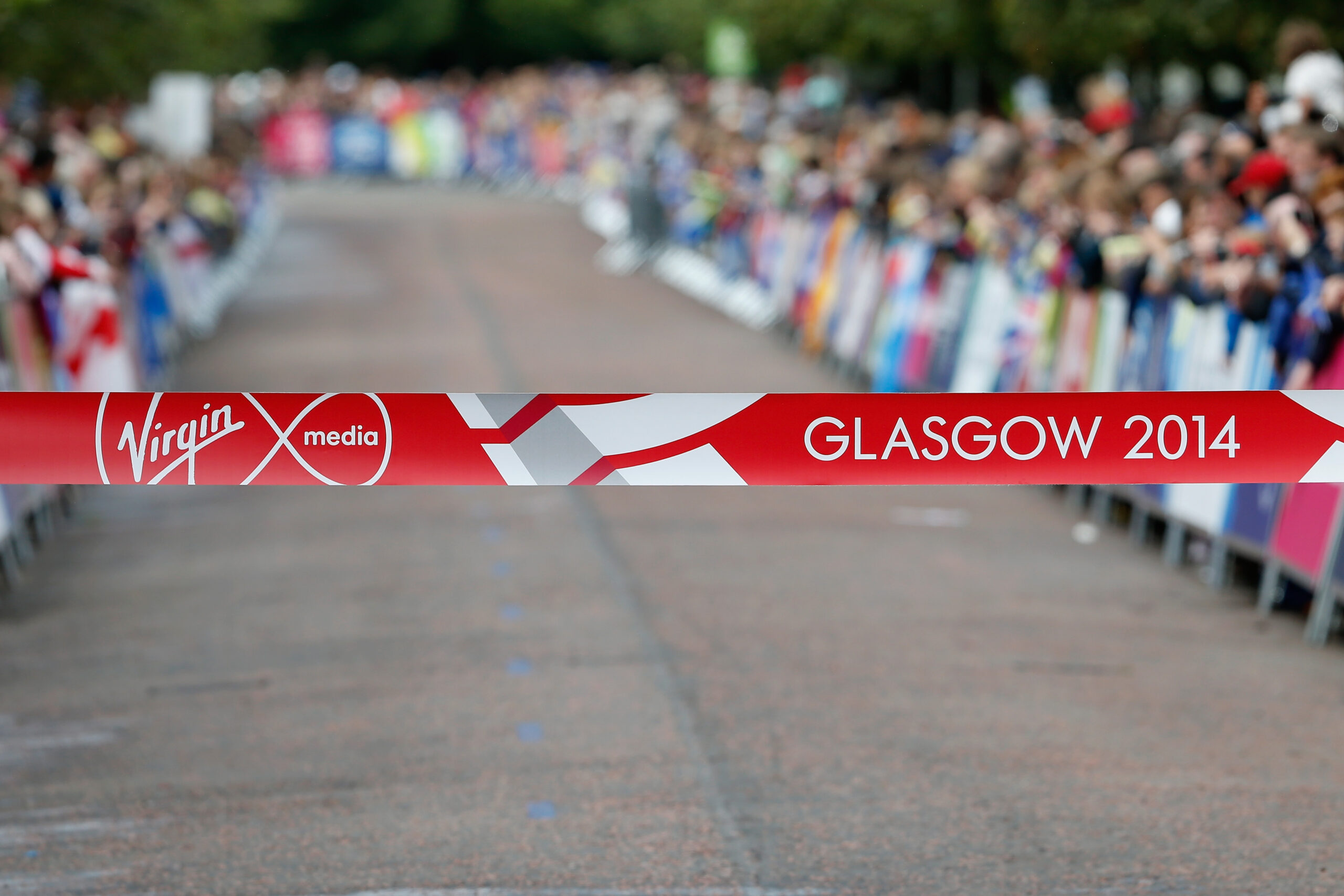"Sport can be harnessed to bring people together"
August 19th, 2014The value of major sporting events should be measured in the sense of togetherness and inclusion they create, writes Carl Konadu, coordinator of the Commonwealth Youth Sport for Development and Peace working group, a network supported by the Commonwealth Youth Programme.
The XX Commonwealth Games 2014 took place in Glasgow, Scotland from July 23rd through to August 2nd, in what has been described as ‘the best games ever’ by the Commonwealth Games Federation.
With a record-breaking 50,811 applicants,over 15,000 ‘Clydesiders’ were accepted as volunteers for the Glasgow Commonwealth Games along with 3,000 dancers on the stage of the Opening Ceremony.
Academics, policy makers and government are beginning to recognise that major international sporting events give countries the opportunity to galvanise their citizens behind a common theme and as a result you often find people from all walks of life taking more pride in their athletes and their country.
The value of major sporting events is not only in the competition between athletes and medal table bragging rights, but also in the jobs created, volunteer opportunities which breed a sense of togetherness and inclusion for the people of the host nation, and not to mention the opportunity to send messages of democracy, diversity and development to other Commonwealth countries and around the rest of the world. One of the more high profile outcomes of the games was the UNICEF ‘Put Children First’ campaign, a partnership initiative with Glasgow 2014 Commonwealth Games to save and change children’s lives. In the run up to and during the games, a large fundraising appeal raised £5 million which will be used to reach every child in Scotland and every child in every Commonwealth country, contributing to the legacy of this major sporting event and benefitting the many young people within the commonwealth.
Like many other major sporting events, this Commonwealth spectacle offered the opportunity for other stakeholders and interested parties to meet and convene seminars, conferences and summits of significance and importance. Beside each Commonwealth Games, Commonwealth Sports Ministers meet to discuss matters relating to sport in the Commonwealth. At this Seventh Commonwealth Sports Ministers Meeting (7CSMM) held in Glasgow on the 21st July 2014, Ministers and official Government representatives from 44 out of the 53 Commonwealth countries met to discuss areas such as the integrity of sport and issues relating to using sport as a tool for development and peace.
With over 60% of the Commonwealth considered as youth (under 30 years of age), the relevance of sport to youth development is a strong concept in the Commonwealth and the Commonwealth Youth Sport for Development and Peace Working Group (CYSDP) are evidence of this. This group is made up of young leaders with a mission ‘to be the leading and driving voice for youth in the Commonwealth towards promoting best practices towards Sport for Development and Peace in their respective societies’. At the 7CSMM, Ministers endorsed the work of the group who are only one year into existence and committed to ensuring that there are functional mechanisms in governmental Sport for Development and Peace (SDP) structures to involve youth in decision-making processes. The group recognise that the majority of SDP programmes target youth engagement and are most often implemented by young leaders at the local level, and hence there is a need for young people to be a part of decision making processes when implementing these initiatives.
Glasgow took the opportunity to promote the rights of the LGBT community through their opening ceremony. The ceremony featured gestures such as a kiss between actor/presenter John Barrowman and a kilted male dancer, volunteers wearing rainbow coloured tartans and a ‘here’s to equality in Scotland’ cheer. With the event reportedly broadcasted to over 1 billion viewers, this goes a long way to showing the potential for major sporting events to be used as a source for promoting positive values such as equality and diversity.
Other events that took place before, during and after the games included the Commonwealth Advisory Body on Sport (CABOS) two day meeting, a group of sports policy experts drawn from around the 53-nation Commonwealth community to advise Sports Minister on matters relating to sports in the Commonwealth. The Commonwealth Games Business Conference 2014, held immediately prior to the opening ceremony, the meeting discussed solutions to major economic challenges facing Commonwealth nations. The Beyond the Games summit hosted in partnership by the Scottish Government, Glasgow 2014, Glasgow City council and Beyond Sport, bringing together sports and civic leaders to explore the power of the Games to advance promotion of and respect for the Commonwealth Games Federation’s core values of humanity, equality and destiny.
Although this is not an exhaustive list it does go some way into showing how sport can be harnessed to bring people together and promote positive issues, sit decision makers down and work towards advancing development, providing entertainment for sport enthusiasts and act as a platform for athletes to compete and excel in their field.





